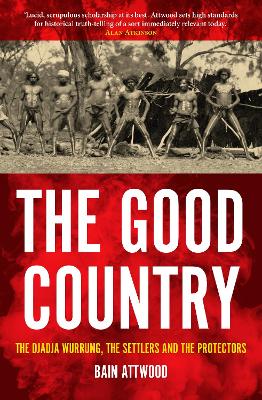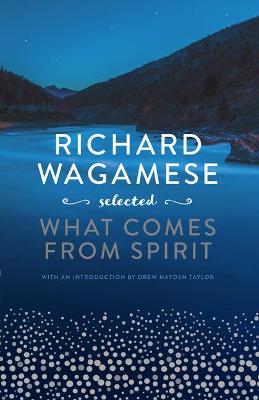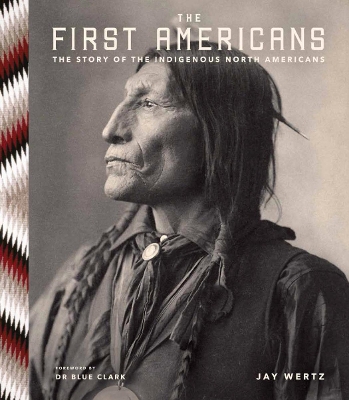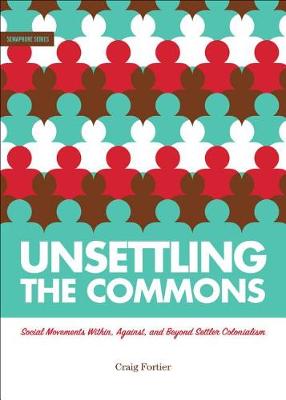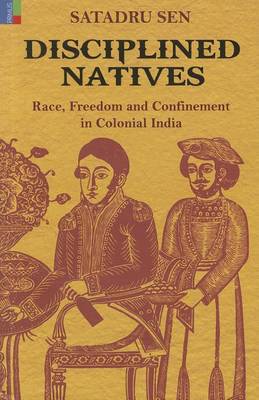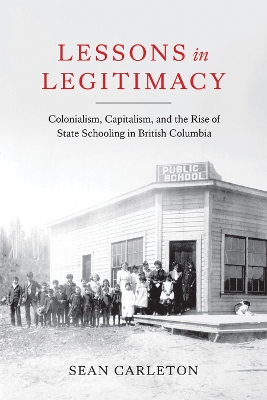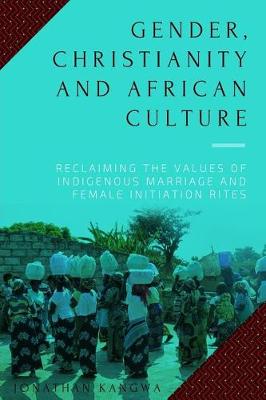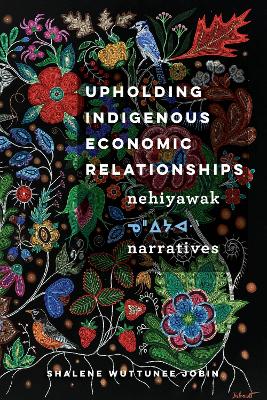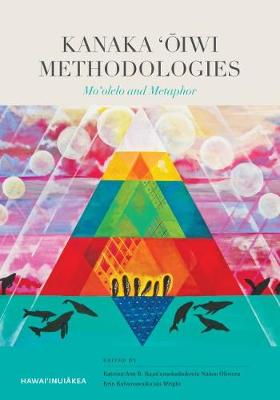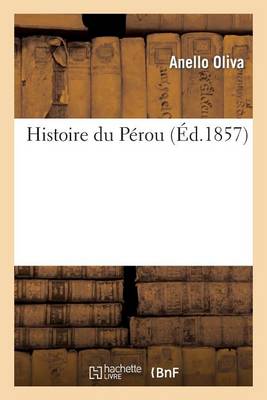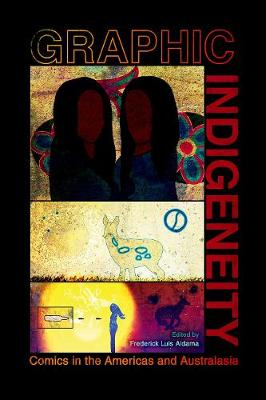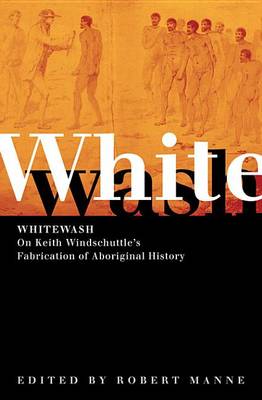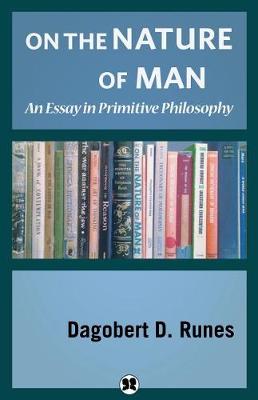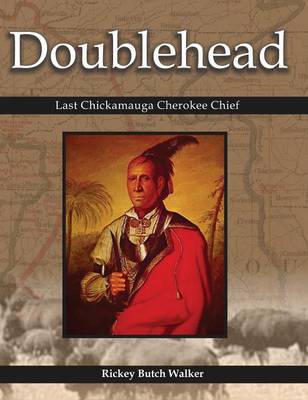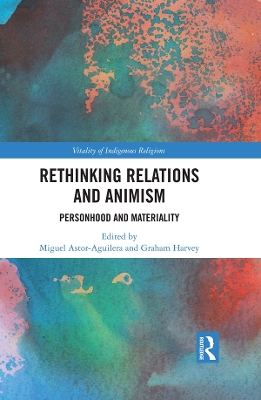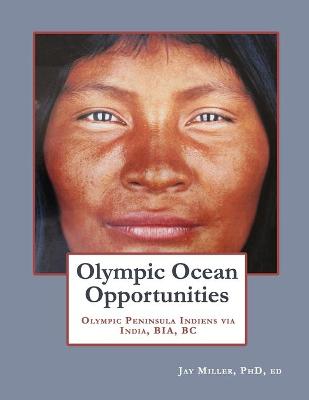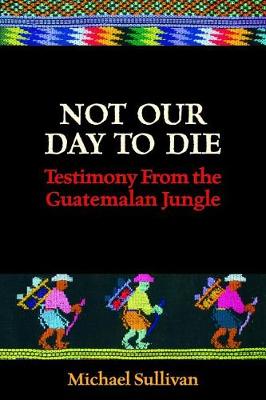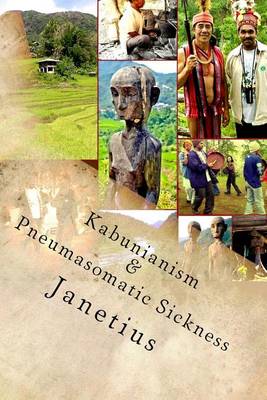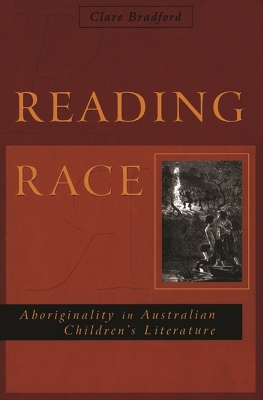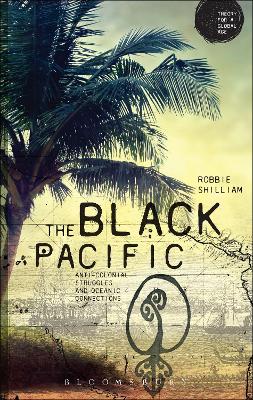Without a doubt, one event in the history of Native Americans overshadows all others in its impact on their culture - the discovery of the Western Hemisphere by European explorers. This catastrophic event is the main focus of The First Americans, which, having given an overview of Aboriginal concepts and history, traces the tumultuous relationship between Native Americans and Western settlers. Wertz explains the relationship between Native Americans and their cultural roots in the modern w...
Disciplined Natives Race, Freedom and Confinement in Colonial India
by Satadru Sen
Between 1849 and 1930, schooling in what is now British Columbia supported the development of a capitalist settler society. Lessons in Legitimacy examines government-assisted schooling for Indigenous and non-Indigenous peoples – public schools, Indian Day Schools, and Indian Residential Schools – in one analytical frame. Sean Carleton demonstrates how church and state officials administered different school systems that trained Indigenous and settler children and youth to take up and accept uneq...
What is the relationship between economic progress in the land now called Canada and the exploitation of Indigenous peoples? And what gifts embedded within Indigenous world views speak to miyo‐pimâtisiwin, the good life, and specifically to good economic relations? Upholding Indigenous Economic Relationships draws on the knowledge systems of the nehiyawak ᓀᐦᐃᔭᐊᐧᐠ (Plains Cree people) to explain settler colonialism through the lens of economic exploitation. This groundbreaking study employs previ...
Kanaka ??iwi Methodologies (Hawai'inui?kea)
For many new indigenous scholars, the start of academic research can be an experience rife with conflict in many dimensions. Though there are a multitude of approaches to research and inquiry, many of those methods ignore ancient wisdom and traditions as well as alternative worldviews and avenues for both discovery and learning. The fourth volume in the Hawai'inui?kea series, guest coedited by Katrina-Ann R. Kap?'anaokal?okeola N?koa Oliveira and Erin Kahunawaika'ala Wright, explores techniques...
Contributions by Joshua T. Anderson, Chad A. Barbour, Susan Bernardin, Mike Borkent, Jeremy M. Carnes, Philip Cass, Jordan Clapper, James J. Donahue, Dennin Ellis, Jessica Fontaine, Jonathan Ford, Lee Francis IV, Enrique Garcia, Javier Garcia Liendo, Brenna Clarke Gray, Brian Montes, Arij Ouweneel, Kevin Patrick, Candida Rifkind, Jessica Rutherford, and Jorge Santos Cultural works by and about Indigenous identities, histories, and experiences circulate far and wide. However, not all films, anima...
Rethinking Relations and Animism (Vitality of Indigenous Religions)
Personhood and relationality have re-animated debate in and between many disciplines. We are in the midst of a simultaneous "ontological turn", a "(re)turn to things" and a "relational turn", and also debating a "new animism". It is increasingly recognised that the boundaries between the "natural" and "social" sciences are of heuristic value but might not adequately describe reality of a multi-species world. Following rich and provocative dialogues between ethnologists and Indigenous experts, re...
This timely and important scholarship advances an empirical understanding of Canada's contemporary "Indian" problem. Where the Waters Divide is one of the few book monographs that analyze how contemporary neoliberal reforms (in the manner of de-regulation, austerity measures, common sense policies, privatization, etc.) are woven through and shape contemporary racial inequality in Canadian society. Using recent controversies in drinking water contamination and solid waste and sewage pollution,...
How do children's books relate to the cultures that produce them, and how do they influence those cultures? In Reading Race Clare Bradford looks at representations of Australia's indigenous peoples in texts for children. She shows how these varying representations have helped to colour the attitudes, beliefs and assumptions of different generations of Australians. To what extent have children's books enabled readers to understand Aboriginal culture, relations between Aboriginal and non-Aborigi...
This book is available as open access through the Bloomsbury Open Access programme and is available on www.bloomsburycollections.com. Why have the struggles of the African Diaspora so resonated with South Pacific people? How have Maori, Pasifika and Pakeha activists incorporated the ideologies of the African diaspora into their struggle against colonial rule and racism, and their pursuit of social justice? This book challenges predominant understandings of the historical linkages that make u...
